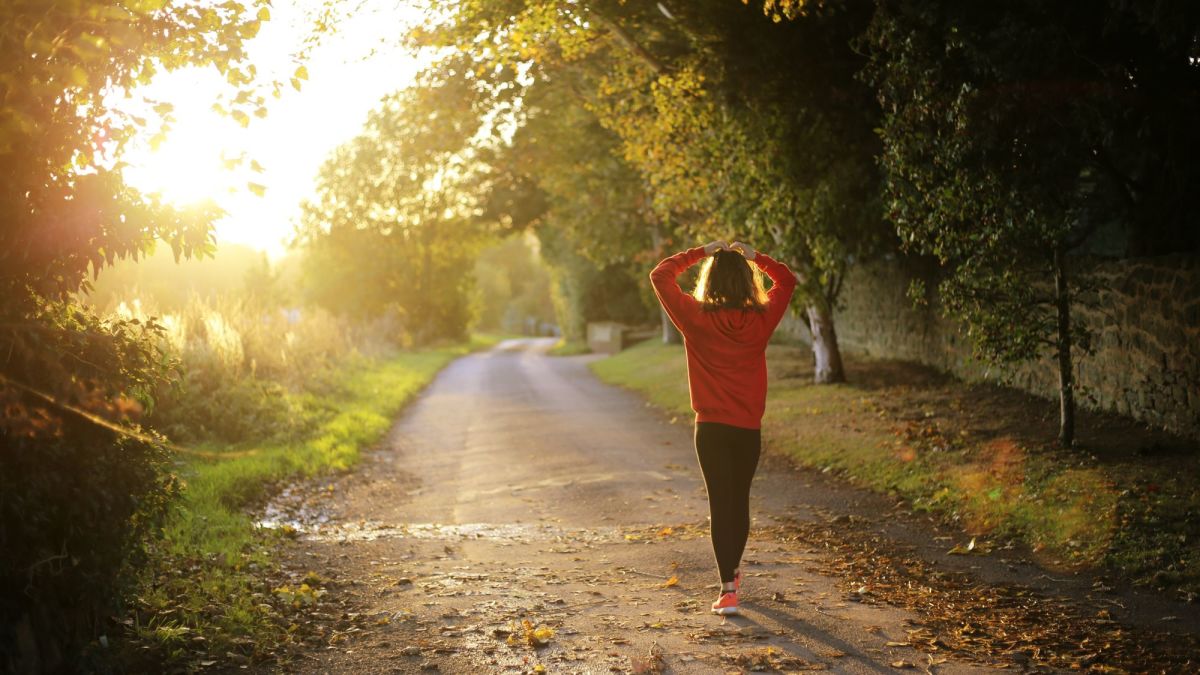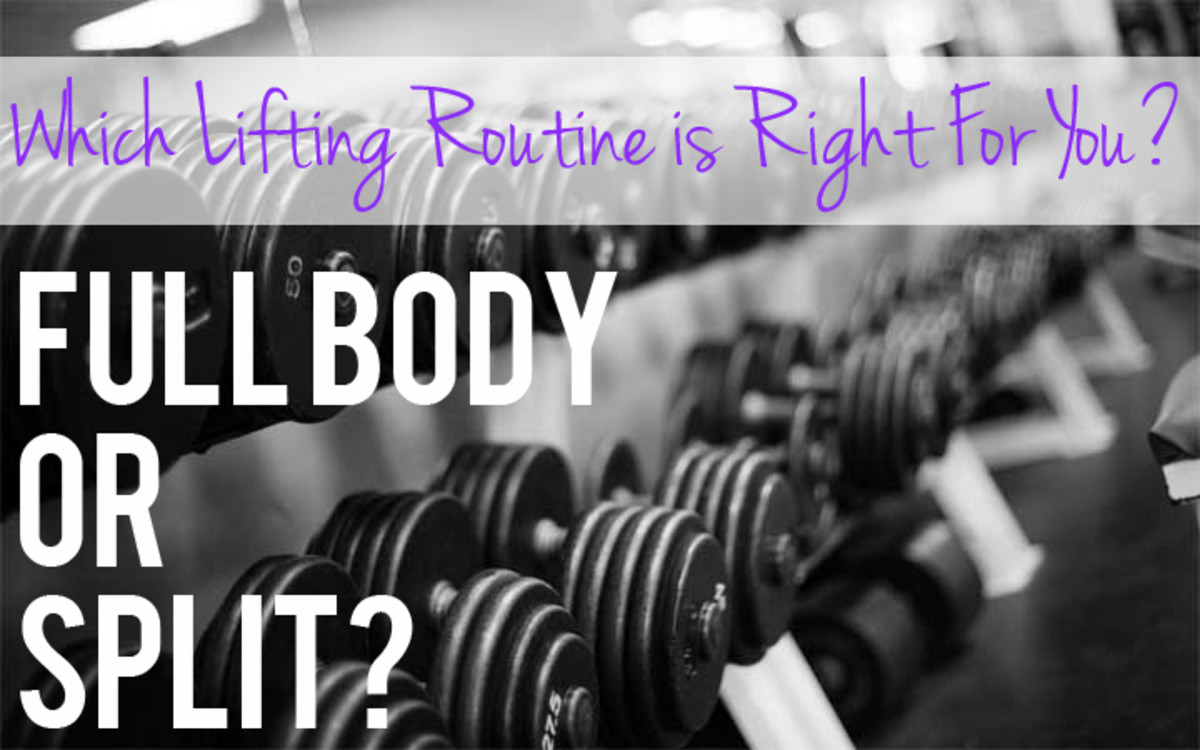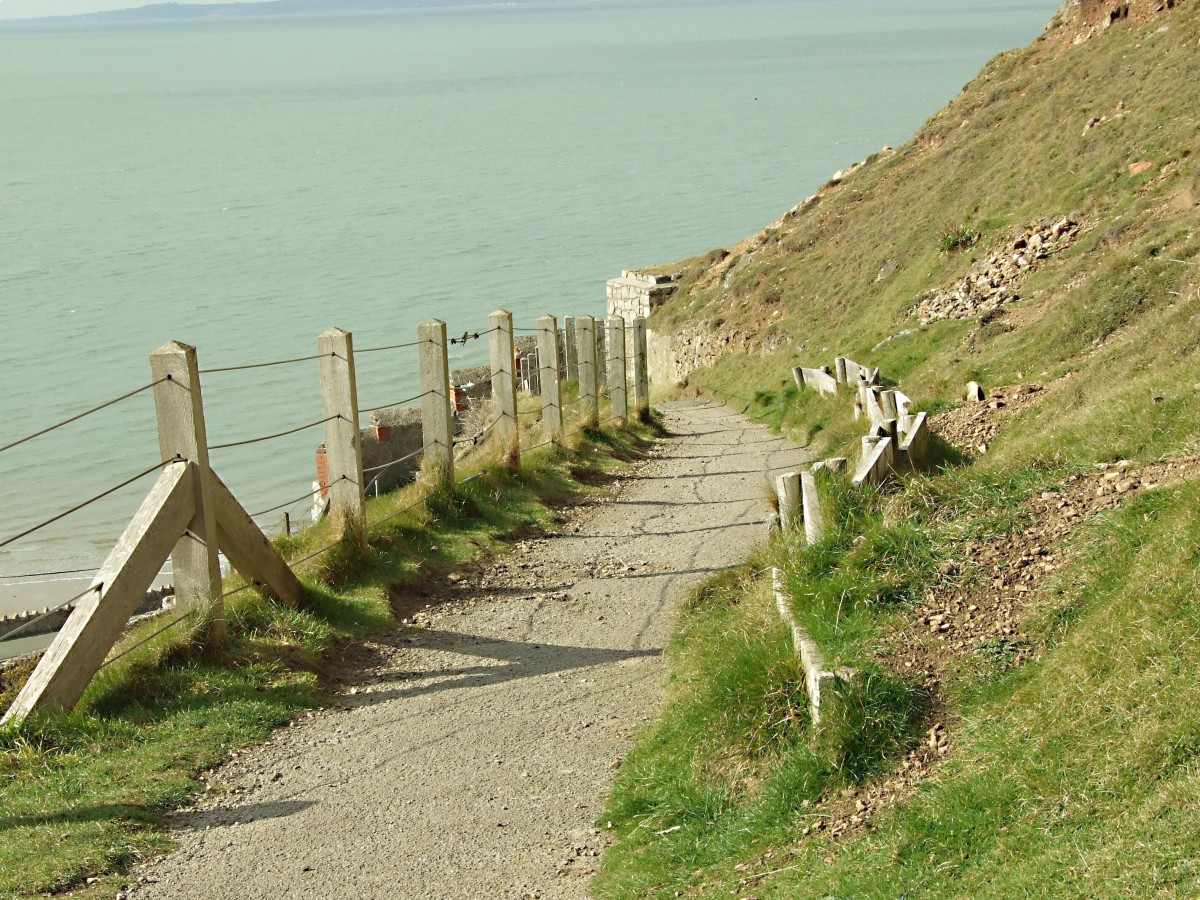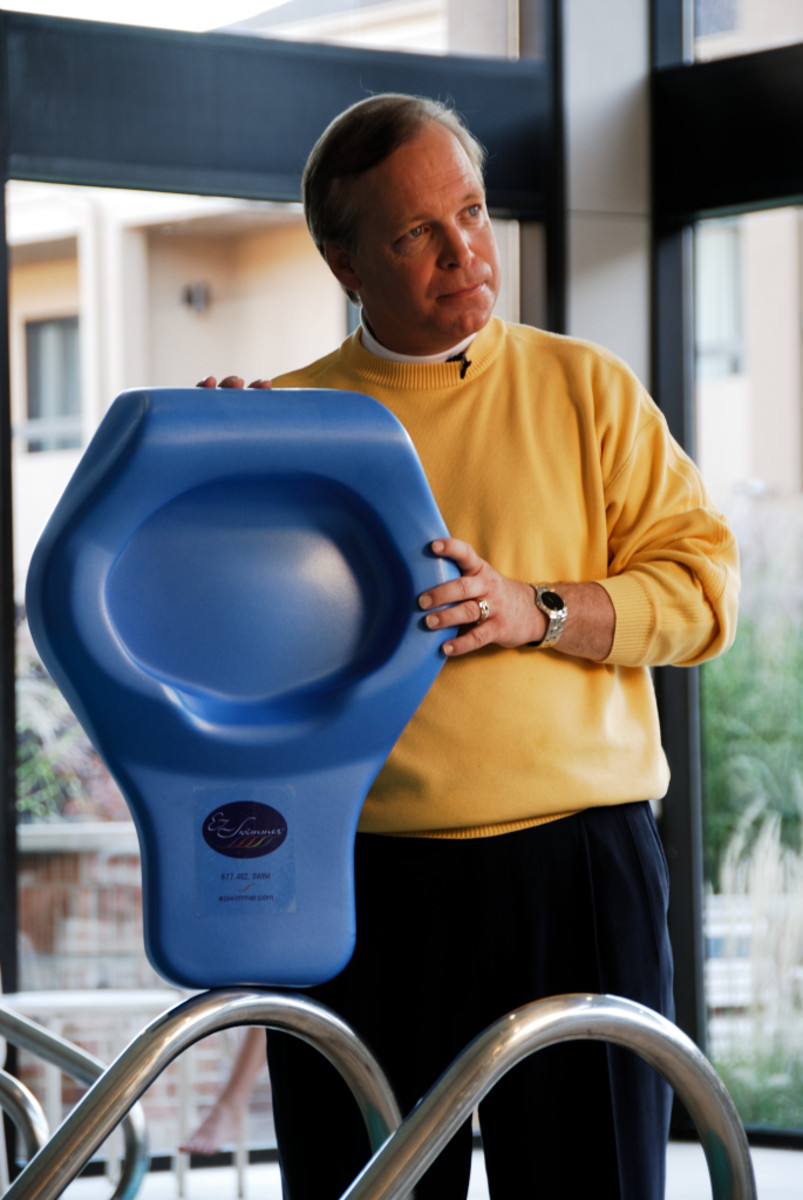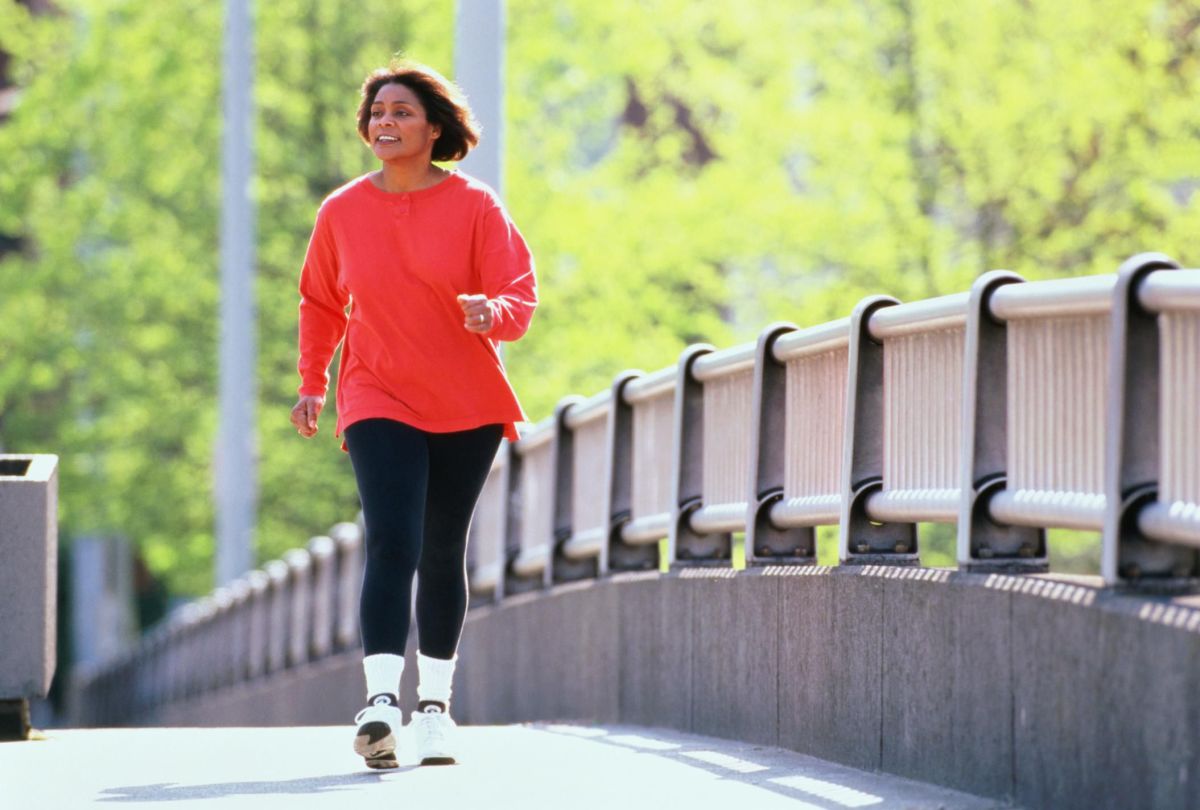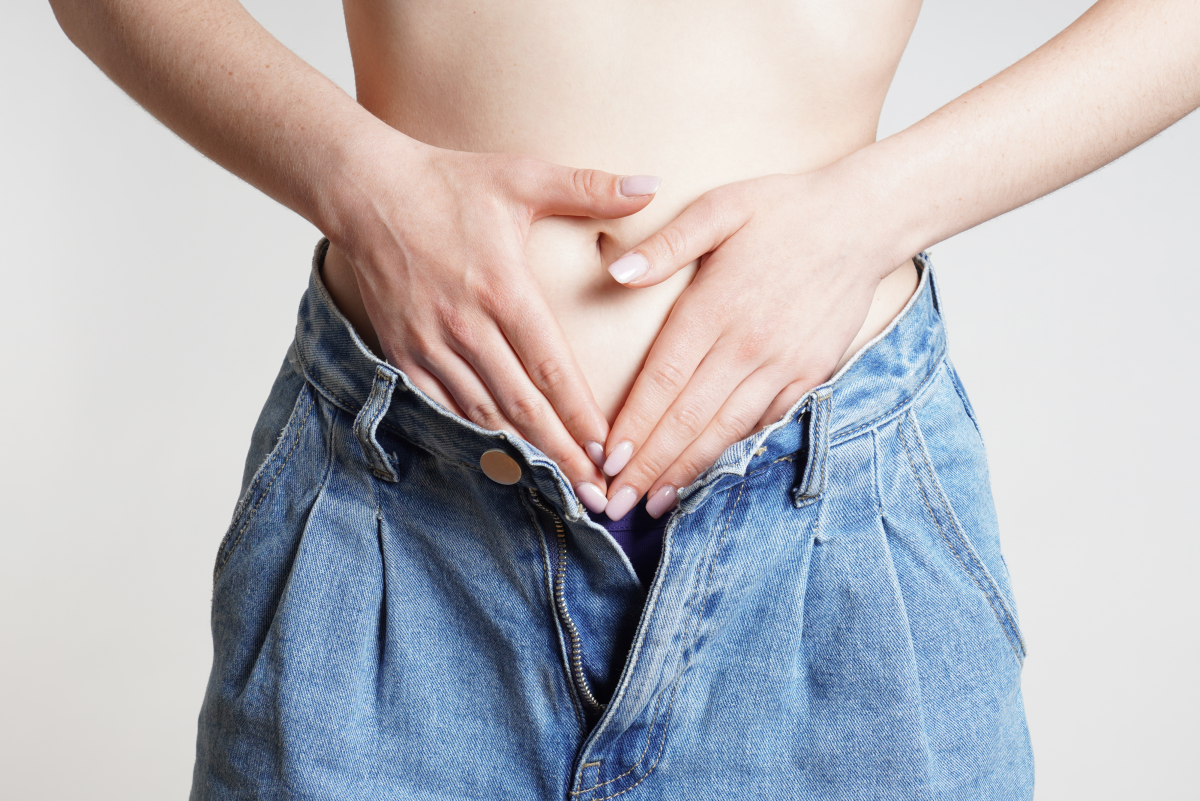Sixteen Health and Fitness Tips to Keep You Warm and Dry This Spring
Better a Season Late Than Never
A decade ago, I posted a hub on the nine ways to stay warm this winter Now it’s time to stay healthy for spring with these tips to keep in mind every spring season. I apologize for posting this so belatedly, and not earlier this spring season. Here’s sixteen health and fitness tips for keeping you warm and dry in the spring.
Be Prepared for Spring Weather to Change
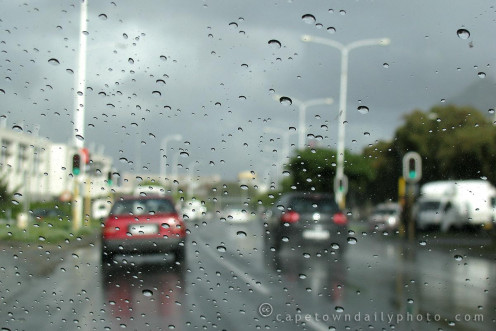
Six Spring Fitness Tips
Lighten Up
To protect your full body from puddle splashes, exchange your winter parka with a light waterproof jacket and pants. Your lightweight packable gear will protect you from rain, freezing rain, and snow by keeping you dry, so you won't leave it behind and end up wet and cold. It'll also protect you from drivers that splash puddles, if you workout along the road.
Let Your Footwear Work for You
Don't step into water that's higher, and extend your foot protection by using standard or shorter waiter gaiters, if you end up over that level. Protect your feet from slush, mud, and puddles with boots and shoes to keep them dry. Don't wear pierced booties, since most boots have waterproof booties sewn into the body. Bring a pair of throwaway sneakers or water shoes that lets water in and drains it out. Over your footwear, wear waterproof pants that clinch down tightly.
Expect Weather Change
Wear layers underneath your waterproof jacket and pants to cop with changing weather extremes. Check the forecast, leave an layer or two in your car, or pack it all the time. Bring extra layers if necessary. You can always remove or add them, when the extra air insulates your body.
Get a Grip
Under your car seat, tuck them in funny pack, buy a pair of ice grippers that slip over your footwear, in case you encounter water-slicked ice. They're always be nearby when you need them. Watch out for icy spots of packed snow that's exposed by sun and shade. Avoid getting hurt or slipping at the start of this season.
Stay Prepared
Get organized with a box or pack by your door of what you need. Don't leave your warm hat, running shoes, or ice grippers behind. Pack your pants and extra layers of socks, ice grippers, and waterproof shoes. Be a hero for your post-workout thirst and hunger by bringing water and an energy bar. Work out a system to tote your winter gear by finding a way of strapping, tying, bungeeing, or otherwise fastening them to the outside of pack and not carrying them, if you hit a sun-less spot on the trail. Some packs come ready-made with fancy doodads.
Remember the Small Things
It's easy to remember important workout gear like shoes or jackets. Optimize your spring fitness time with a few small things. From cold winds and spring sun, sunglasses shields your eyes. Have an available extra pair of dry socks. A plastic grocery bag, or winter-proof sack to place your dry items separate from any wet or muddy gear that you hold in your pack.
Gardening is a Good way to Stay Healthy
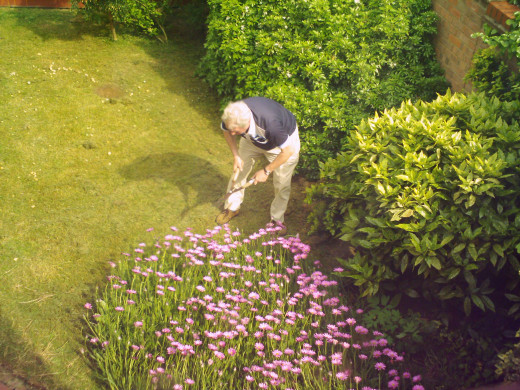
10 Spring Health Tips
Gardening
When you garden outside, it burns approximately 250-350 calories an hour, when you'll make your landscape pretty. If you do it three times a week for an hour, you'll get optimal health benefits in return. Weed pulling, mulch hauling, lawn moving are some examples that will make you sweat and qualifies as an exercise. To give your major muscles a workout, rotate those tasks every twenty minutes to avoid over-straining one set of muscles.
Swimming Lessons for Kids
Did you know, drowning is the leading cause of accidents and deaths in children, when most drownings occur in kids under the age of two? Kids aren't ready for swim lessons until they're four years old. So never allow babies or toddlers near a pool unsupervised, not even for a minute.
Think About Allergy Season
Now it's the time to stock up on allergy medicines, if you're sneezing and sniffling as the weather warms up. Now Zyrtec has joined Claritin and other former prescription-only medicines to get it over-the-counter, which is good news. For nasal steroids or other prescription-only drugs to ease your allergies, see your doctor.
Spring Cleaning Your Makeup Drawer
Toss out that mascara tube, concealer, and other make-up you've had for so long, while you're cleaning out your medicine cabinet since cosmetics expire. You'll minimize risk of eye infections or bacteria-induced breakouts that way.
Wake up Early
Take advantage of the morning light, when studies have shown people who wake up earlier than night owls are healthier. You'll get a good dose of Vitamin D and a leg up on depression symptoms.
Get Dirty
If you get dirty, it's good for you and your kids by getting exposed to common bacteria. They routinely inhabit our bodies with the vitamins and proteins we need, and help work your immune and gastrointestinal systems.
Eat Local, Think Global
Sign up for weekly deliveries or pick-up, when you investigate Community-Supported Agriculture with access to in-season fresh produce, eggs, and flowers. This way, farmers get a guaranteed income base, when their seasons last from late spring to early fall.
Lunch Hour Walks
During your lunch hour at work, take a walk to get away from your desk. Stop and smell the daffodils to get the recommended moderate exercise from doctors.
Trade Flip-Flops for Foot-Friendly Kicks
To avoid stubbed toes, rolled or sprained ankles, blistering, tendinitis, arch pain, and stress fractures, trade your flimsy, rubbery thongs for alternative sandals. Let your toes out by getting more support with these shoes. As summer approaches, each year, experts warn against those rubbery thongs.
Change Pillows
Allergy-proof your pillows with protective covers that steal out allergens like allergy-or-asthma-provoking bacteria, pollen, fungi, mold, or dust mites. It's disgusting to know, up to 10% of your pillow's weight is made up by that after five years, according to some experts. Wash pillowcases with hot water weekly, and toss them out every 3-5 years, if you can't remember when you brought them.
This content is accurate and true to the best of the author’s knowledge and is not meant to substitute for formal and individualized advice from a qualified professional.
© 2015 Kristen Howe

